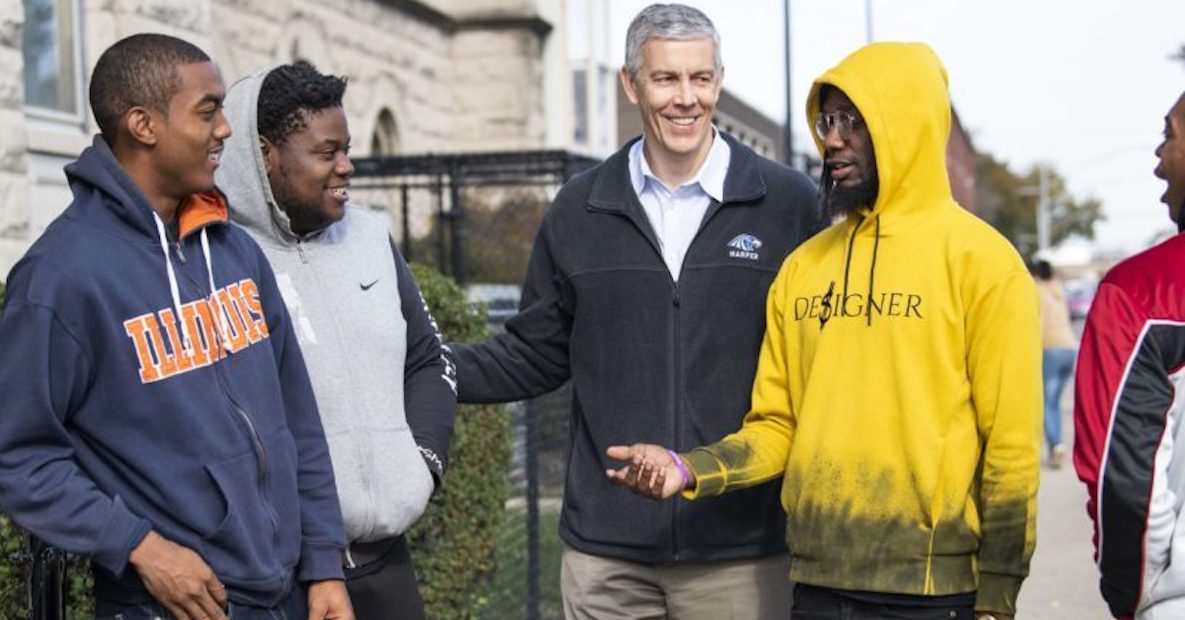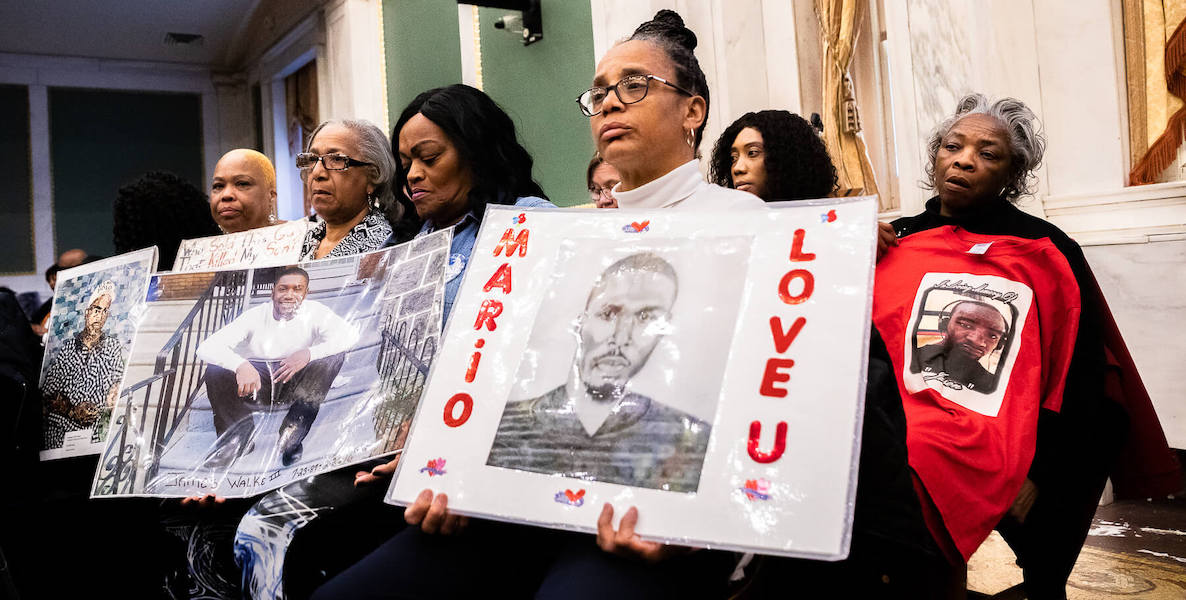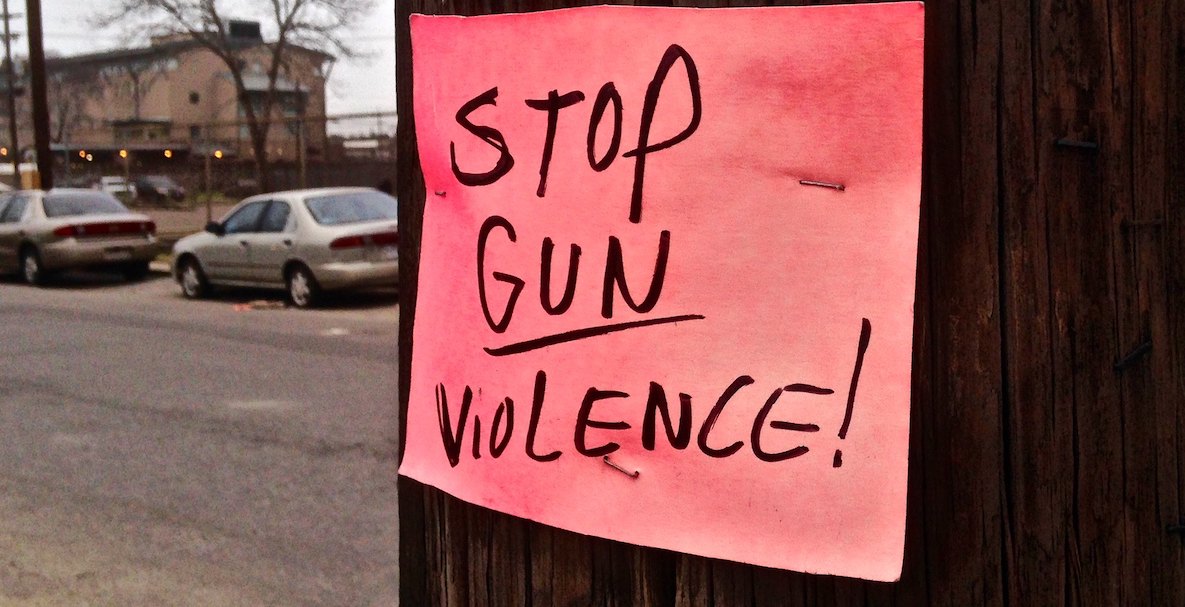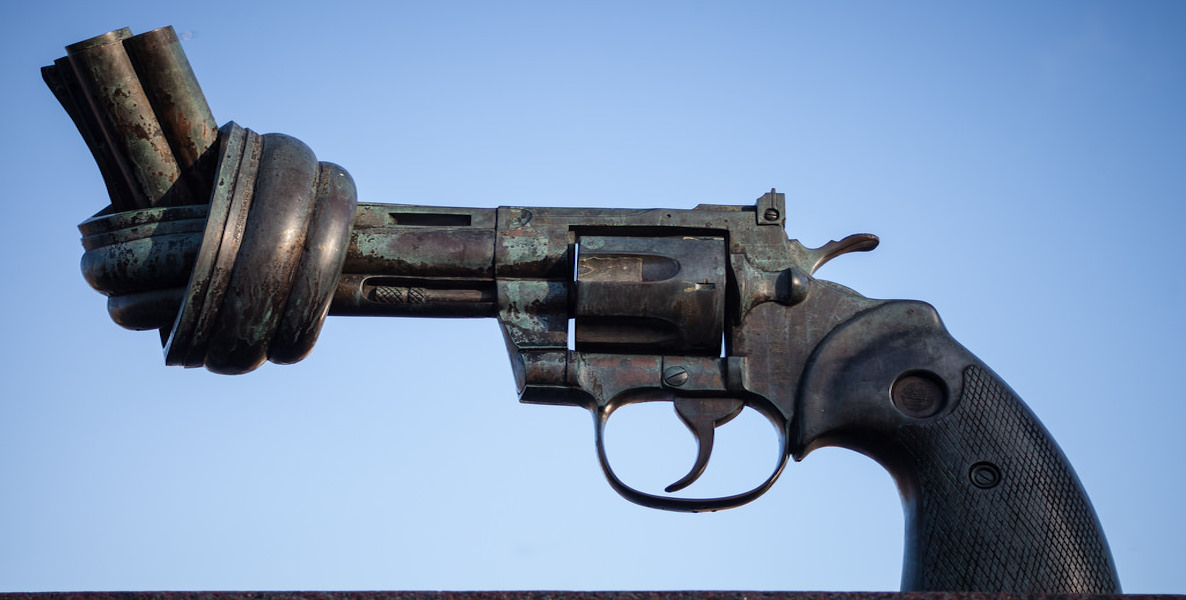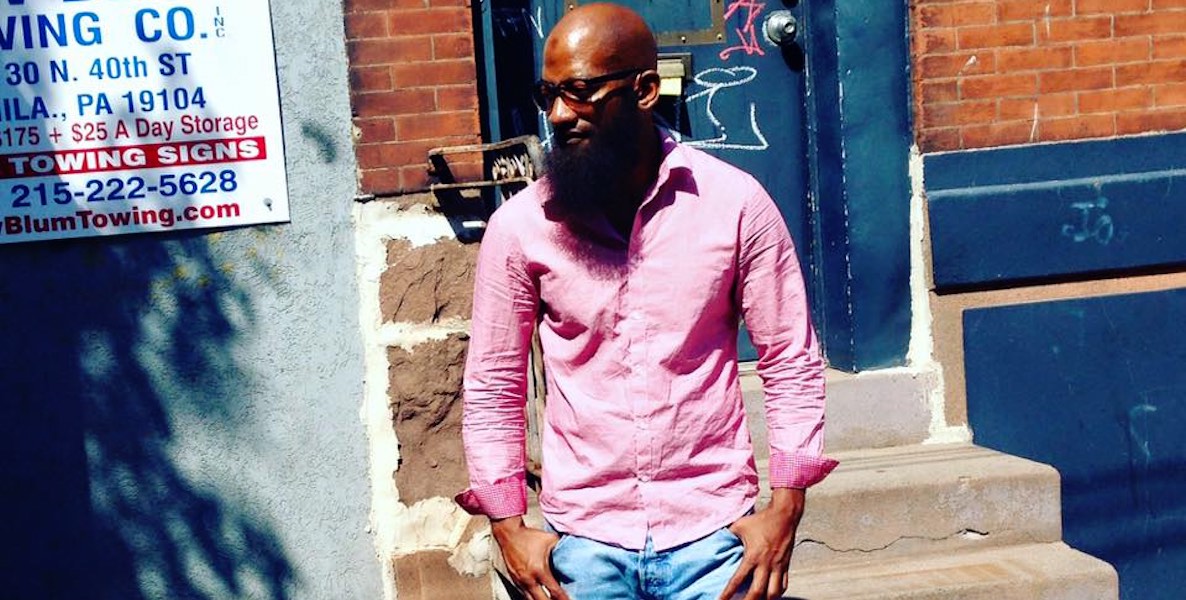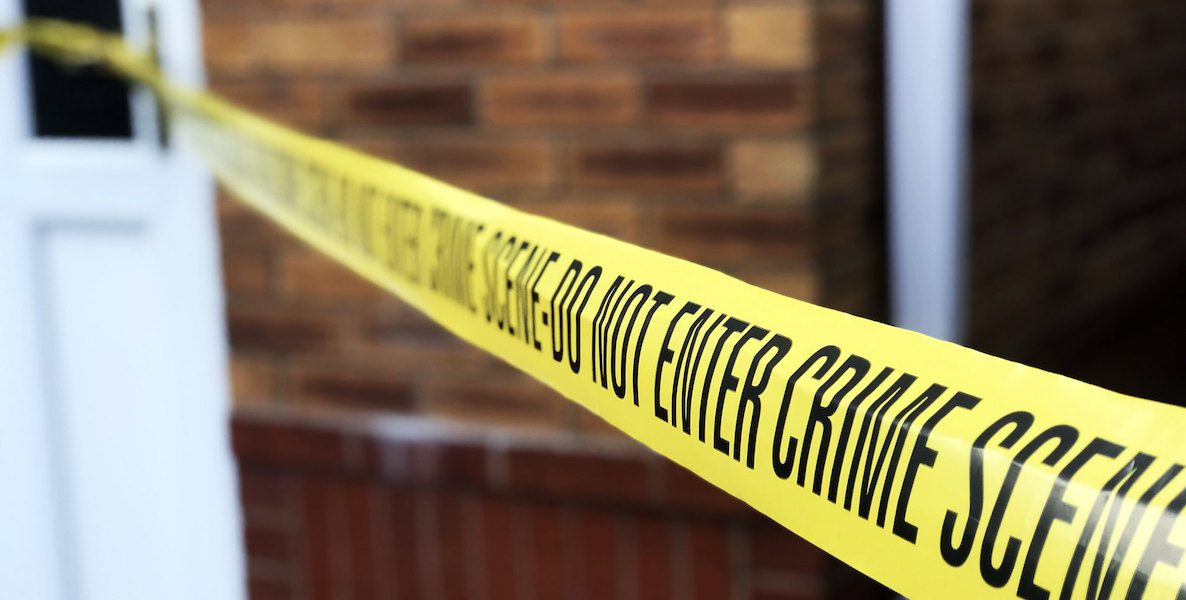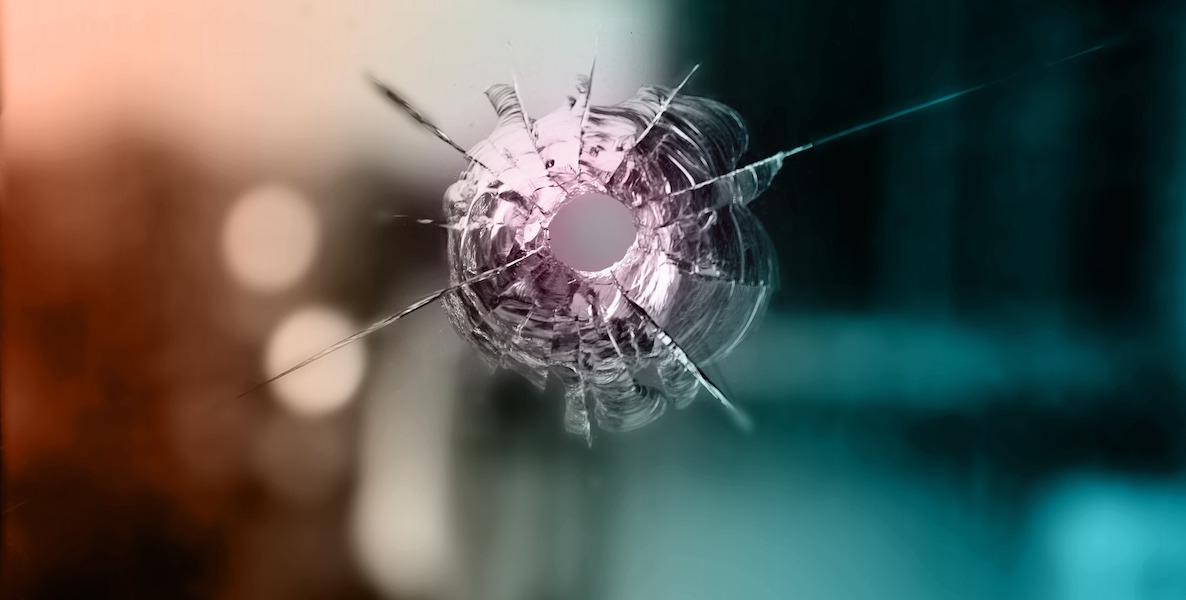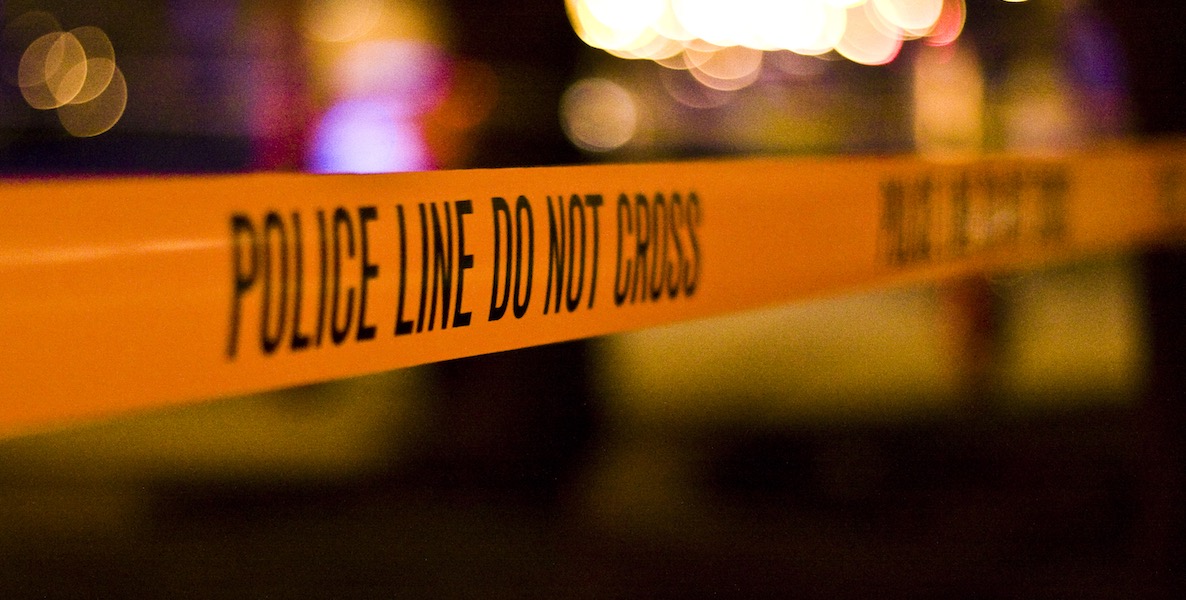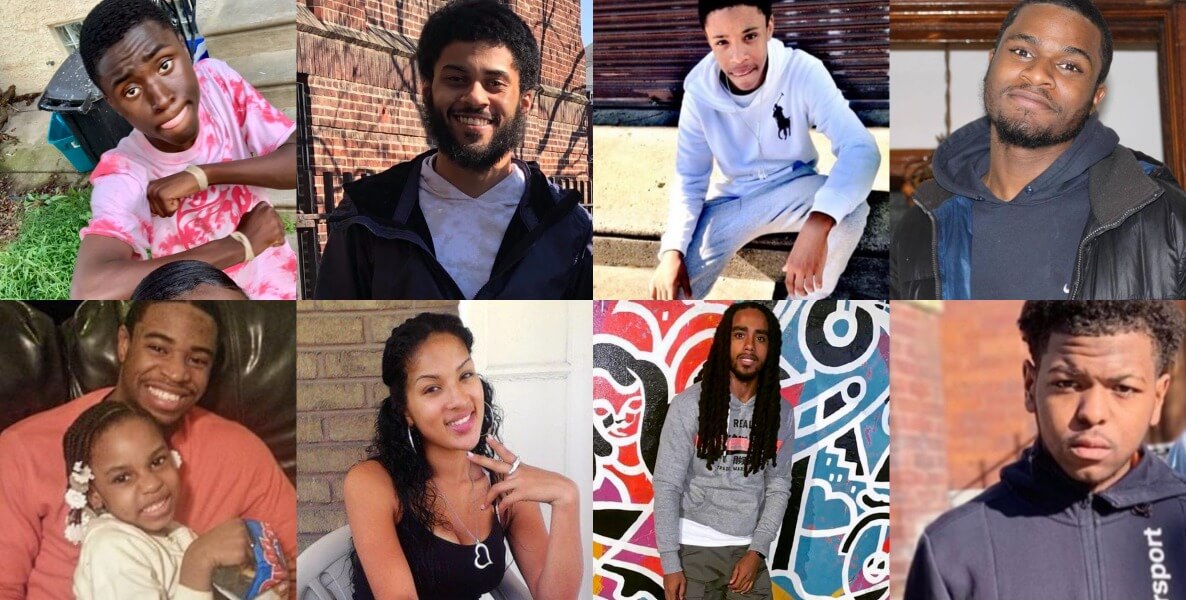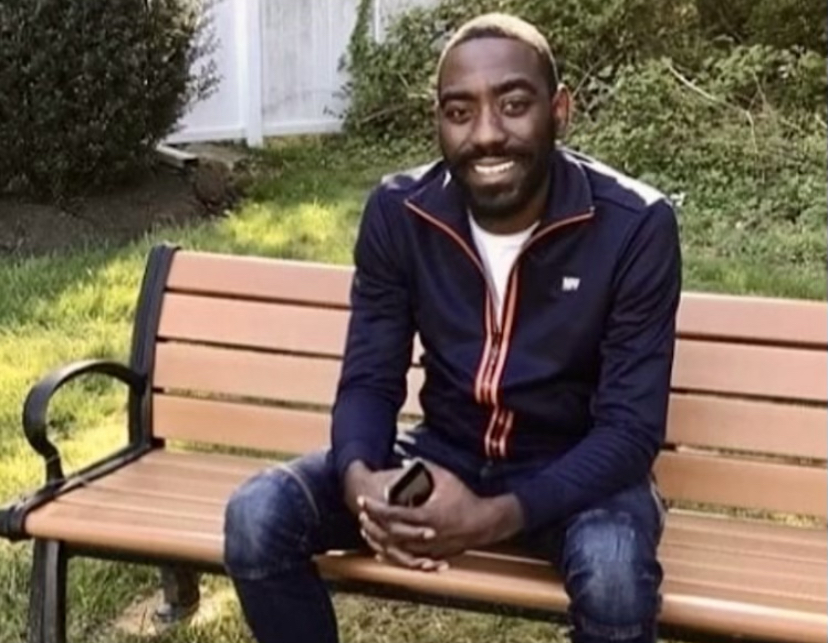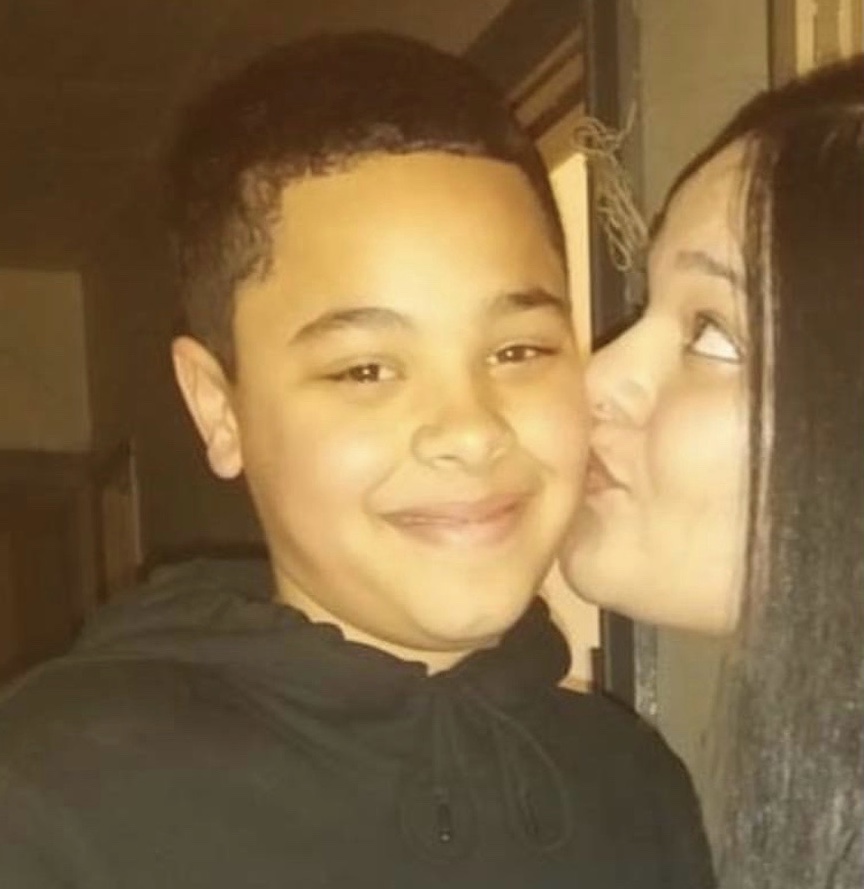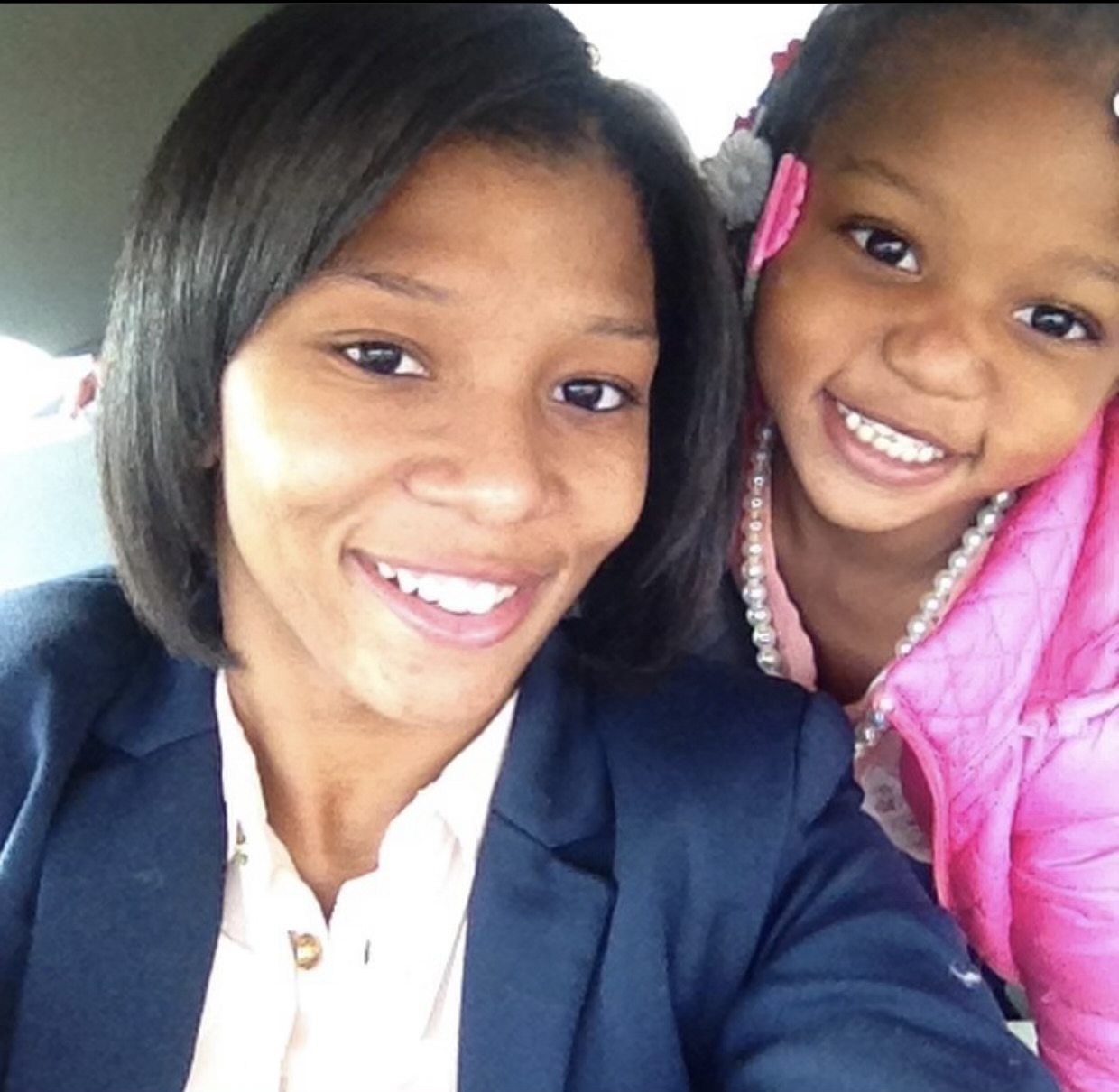Niam Johnson-Tate was the baby of his family, the younger brother of two doting older sisters. He loved writing poetry and lyrics, and he was always asking questions. While taking classes at the Community College of Philadelphia, he worked at Lord & Taylor to support his son, who was born in April 2017.
On the evening of July 4, 2017, Johnson-Tate was shot and killed in West Germantown.
Had it not been for the Philadelphia Obituary Project, it’s possible that no one beyond Johnson-Tate’s family and friends would know much about the late 23-year-old—except as a number, a statistic, just one of the hundreds of lives lost each year in our city due to gun violence.
The year that Johnson-Tate died, there were 315 murders in Philadelphia; last year, there were 499.
And as of 11:59pm on March 7, there have been 88 homicides in 2021 alone.
Filling a need
The Philadelphia Obituary Project was conceived of in 2016 and launched in 2017 by local constitutional lawyer Cletus Lyman, who saw our city’s staggering murder rate and wondered: Who were these people? Who have they left behind?
Journalist Jennifer Lawson joined the project just a few months after it debuted, and has written the majority of the site’s 200-plus-and-counting obituaries. Formerly a crime reporter at outlets like the Las Vegas Sun, she believes the work of the Philadelphia Obituary Project is essential on several levels.
“I think of it as a way to fill the gap that has been created in local media,” she says. “In every city, there are fewer resources dedicated to following up on crimes and who the victims were. And especially in a city as big as Philly, where there’s so much crime, there are times when we don’t even find out the names of the victims who were killed. This is a way of correcting that error.”
“Obits encapsulate what we want to remember about somebody’s life—what we value about an individual life. And it’s really important for families to feel like their loved one is valued and remembered,” Hume says.
The obituaries, Lawson says, also bring comfort to families, with a written record instrumental to families’ healing.
When Johnson-Tate was murdered, his mother, Kimberly Kamara, at first avoided Lawson’s Facebook message. “I ignored Jennifer for two months. I thought it was a setup,” Kamara says. “When my son was first murdered, I just felt so vulnerable, like my safety net had been taken away from me. I couldn’t understand why some woman I’d never even heard of wanted to know about my child.”
But as time passed, Kamara decided to respond to Lawson. And doing so has changed her life.
“Jennifer made me feel like I had a voice. She made our family feel great. She took me out of my shell,” Kamara says.
Kamara went on to author a children’s book, Where’s My Daddy? for children who have lost a parent to gun violence. She runs a grassroots organization to assist others with grief and to help young men trying to reform from gang life. She also regularly writes a column for the Philly Obituary Project, “A Mother’s View,” on topics like getting through the holidays after loss, and the value of self-care.
“Jennifer opened up a whole other world for me,” Kamara says. Now, she wants to be there to guide others through what she calls, “the club no one ever wants to be a part of.”
For all of the organizations out there dedicated to helping families of victims, she says, there are so many ways in which families remain lost: No one tells you, for example, what a hassle it is to park at the city morgue, or that you don’t actually identify your loved one in-person, but through a photo, and only after showing an official form of identification.
She also strongly encourages others to not ignore Lawson’s requests—to reach out and share their loved one’s stories. Sadly, she has helped other mothers through the process—like the mother of her late son’s best friend, who was murdered this past Halloween.
A reflection of a society
Obituaries have served as a healing and humanizing force for centuries, says Dr. Janice Hume, department head/Carter chair in journalism excellence at University of Georgia, and one of our nation’s foremost experts on obituaries. For her book Obituaries in American Culture, Hume read more than 8,000 obituaries from 1818 through 1930, looking at what they reflected about American society—who was written about, and how.
“Obits encapsulate what we want to remember about somebody’s life—what we value about an individual life. And it’s really important for families to feel like their loved one is valued and remembered,” she says.
“Especially in a city as big as Philly, where there’s so much crime, there are times when we don’t even find out the names of the victims who were killed,” Lawson says. “This is a way of correcting that error.”
Like Lawson, Hume is not aware of any other endeavor like the Philadelphia Obituary Project, and she’s moved by its work. She believes obituaries can play a powerful role in families and communities; she points to the post-9/11 “Portraits of Grief” that The New York Times ran, short write-ups about everyone who died during the terrorist attack.
More recently, the obituaries for Covid-19 victims drive home how real the pandemic is, make sense of that massive and hard-to-process “500,000-plus” number that’s casually embedded in news reports.
And while Hume has not seen obituaries, collectively or individually, lead to policy change, perhaps the Philadelphia Obituary Project can start to change minds in City Hall, in Harrisburg, in the nation’s capital.
“We are nonpartisan, but we’re definitely anti-gun,” Lawson says.
When she’s not interviewing families several days each week, Lawson is trying to map out a way for the Obit Project to be sustainable in the long-term. For now, with the exception of a handful of small grants, it’s fully funded by Lyman, who’s committed to keeping it going until other sources of funding come to fruition.
Reporting, writing, and developing business plans doesn’t leave much time for Lawson to be sending obituaries to the office of Mayor Kenney, or Governor Wolf, or President Biden—though, maybe, in the future, she will have the bandwidth to start doing that. For now, her work is being intermittently amplified by The Philadelphia Inquirer, which last summer started reprinting some of the obituaries, in the spirit of diversifying its coverage.
Hume, the professor, could (and would like to) see the further diversification of obituary coverage. In the 19th and 20th centuries, for example, African-Americans and Native Americans typically only received obituaries for one of a handful of reasons: They were of service to the dominant (white) culture; they lived past age 100; or they died a noteworthy or spectacular death. “As we’ve moved into the 20th and 21st century, we get more and more diversity, but [obituaries] are still very reflective of the dominant culture.”
It’s troubling how many of the Philly Obit Project’s profiles are of young Black men. It’s equally eye-opening to see how many are not—how gun violence spares no one. There are write-ups about mothers and fathers, sons and daughters, teenagers and children.
According to Lawson’s write-up about Johnson-Tate, “Niam was an organ donor…seven people received his organs, including his heart, lungs and kidneys. Two recipients were babies.”
For all of the vibrancy Johnson-Tate brought to his family and friends while he was alive, he continued to give life after he died. And in his honor, in honor of the hundreds of lives that continue to be taken due to senseless gun violence, Lawson will continue to do her job, emotionally grueling as it may be.
“I’ll be honest,” she says. “It has taken a toll on me. It can be very, very sad, and my mental health has felt the toll since 2020 started and the homicide rate has exploded.”
On one hand, she says, she doesn’t feel entitled to claim that the work is affecting her. “I am not one of these moms, I’m not one of these family members. But the daily toll of living in this world, of writing about people who’ve died and talking to moms who are crying? It is really, really hard.”
But Lawson says, “If I don’t do it, no one else is gonna do it. So I try not to dwell on how depressing and anxiety-inducing this work is. I think of the positive feedback that we get from families, and that’s what makes me continue.”
Header photo courtesy Philadelphia Obituary Project


